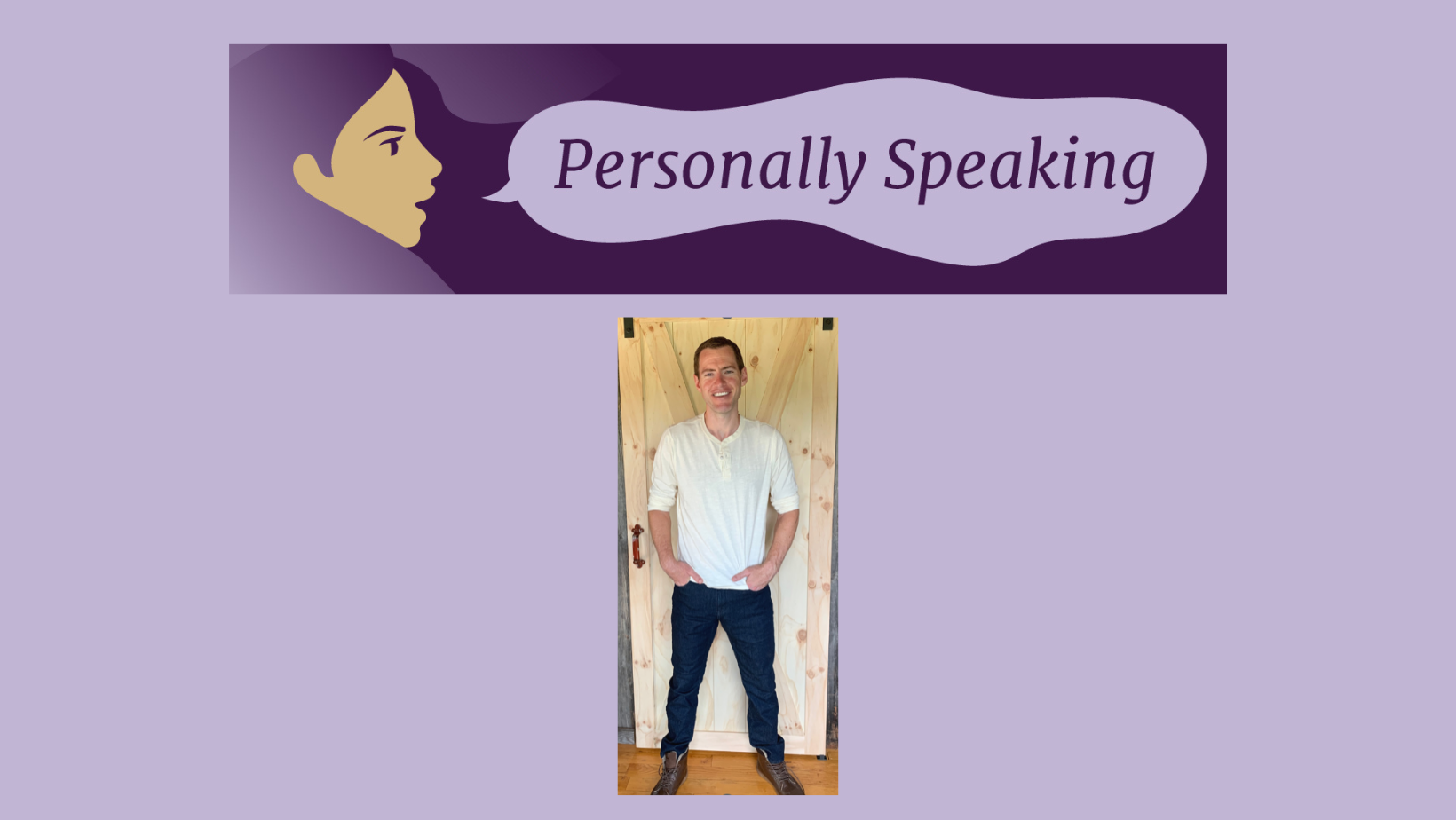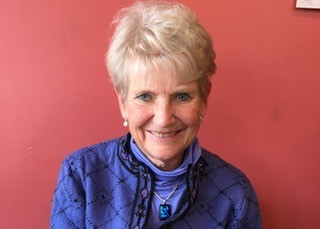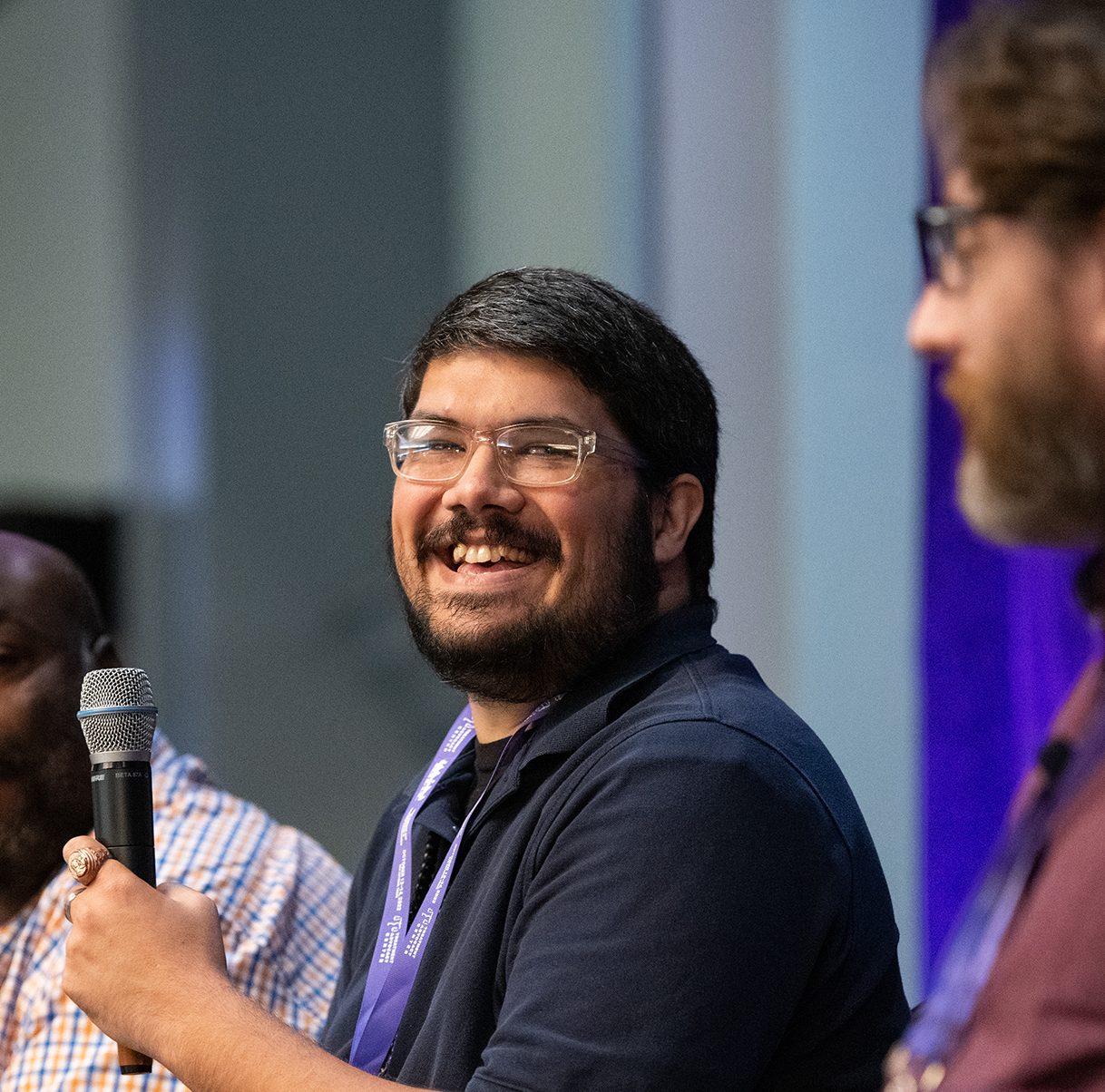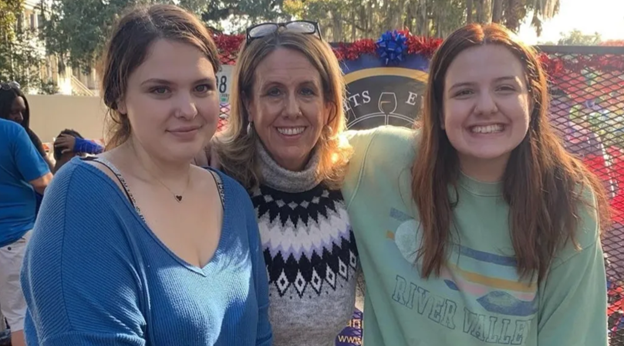Personally Speaking: An advocate’s journey

by Mark Gale
Our son began experiencing symptoms of mental illness, including psychosis, at the very young age of 13. At the time, we could not comprehend the possibility that our incredible son could be living with severe mental illness (SMI). Along with his doctors, we attempted to rationalize away his extreme behavior as a drug issue and teenage behavioral challenges.
My family was completely lost as to how to cope. We did our best — reading books, attending meetings, talking to his school, consulting his doctors, and more. Our attempts to understand did not yield any positive results. As a minor, he would ultimately end up in juvenile court.
Unfortunately, shortly after turning 18, our son became homeless and committed a crime that could have landed him in state prison. As a father, I was determined to ensure that would not happen, and this was the moment that my advocacy journey began.
While he was detained in a correctional facility in downtown Los Angeles, I began to meet other families whose kids were also trapped in the revolving door of homelessness, incarceration, and hospitalization. Despite multiple attempts, I was unable to contact the jail’s mental health program regarding my son’s medications. The jail seemed to be an impenetrable fortress.
The problem became clear to me- families have limited ability to advocate within the mental health “system” and be taken seriously when doing so. I have tried to find solutions to the barriers standing in the way of timely and effective treatment for those living with SMI and their loved ones. I knew that I couldn’t “fix” our son but felt compelled to “fix” the system instead. Advocacy quickly became a part of my own recovery, and as time went on, it became a second full-time job. I realized I needed to focus on systemic change, and I wanted to be part of future solutions.
I learned that there was an alternative to criminal courts, called “collaborative courts,” for people with SMI. I also learned about the conditions in the jail, as my son was detained four different times. I immediately started advocating with the Los Angeles County Sheriff’s Department for the acceptance of treatment history from families. I developed the “Inmate Medication Information Form” to provide psychiatric and medical history to jail mental health clinicians, and co-authored a crisis guide titled “My Family Member Has Been Arrested. What Do I Do?” I started volunteering with the National Alliance on Mental Illness (NAMI) Los Angeles Criminal Justice Committee. We developed a curriculum about mental illness to present to custody deputies about back in 2003, long before many of us had ever heard of Crisis Intervention Team (CIT) training.
As NAMI California Criminal Justice Chair, I led a campaign to encourage every major jail and county in the state to adopt these new tools and was successful in getting 15 jails and counties across California on board. I have since assisted other counties across the country in implementing these tools for their jails and communities. My advocacy work has led to involvement in multiple local justice related collaboratives and development of a program with NAMI National called “Sharing Your Story with Law Enforcement.” This program trains volunteer presenters on how to share their lived experience with law enforcement as a segment of CIT training. I am proud that our local training program has been rolled out as a new NAMI nationwide Signature Program. I represented NAMI California on the Judicial Council’s Task Force on Criminal Justice Collaboration on Mental Health Issues for four years and still volunteer on their Collaborative Justice Courts Advisory Committee and Mental Health Sub-Committee.
I have learned much over the last 20 years of advocacy work, and despite new reforms, I know the current status quo is simply not good enough. Today our county has diversion programs where none existed in the past. I worked for many years to bring assisted outpatient treatment (AOT) to Los Angeles. I still sit on the Mental Health Commission AOT Oversight Committee, but treatment delivery remains woefully inadequate. In this fight to bring reform to our community, the battle continues because now we must make new programs successful, effective, scalable, and sustainable.
The Felony Incompetent to Stand Trial (FIST) clients are the most difficult and challenging population of inmates to place in the community. They also represent one of the greatest civil rights issues of our time and define the phrase “the criminalization of the mentally ill.” FIST inmates could be sent to a locked treatment facility (a therapeutic environment) in the community rather than waiting 6-14 months in a jail cell for a bed at a state hospital. This concept is far superior to Jail Based Competency Treatment programs for restoration. We are fighting hard for the development of a Forensic IMD for exactly this purpose, and our Board of Supervisors has approved a motion to come back with a funding and development proposal. Frustratingly, these new beds will be available to some of the same individuals who could not access acute or sub-acute levels of treatment in the community before they committed a crime!
Our son was lucky. He had his family in his corner, and today, he lives independently in the community with our support. So many thousands of others are not as fortunate. We must expand our ability to provide opportunities for diversion and recovery to everyone. My hope for the future is that people who are severely and persistently mentally ill will not be left to languish in our jails due to a lack of resources and their challenging circumstances. The time to truly realize the promises of reform is now. Let’s get this done together!










